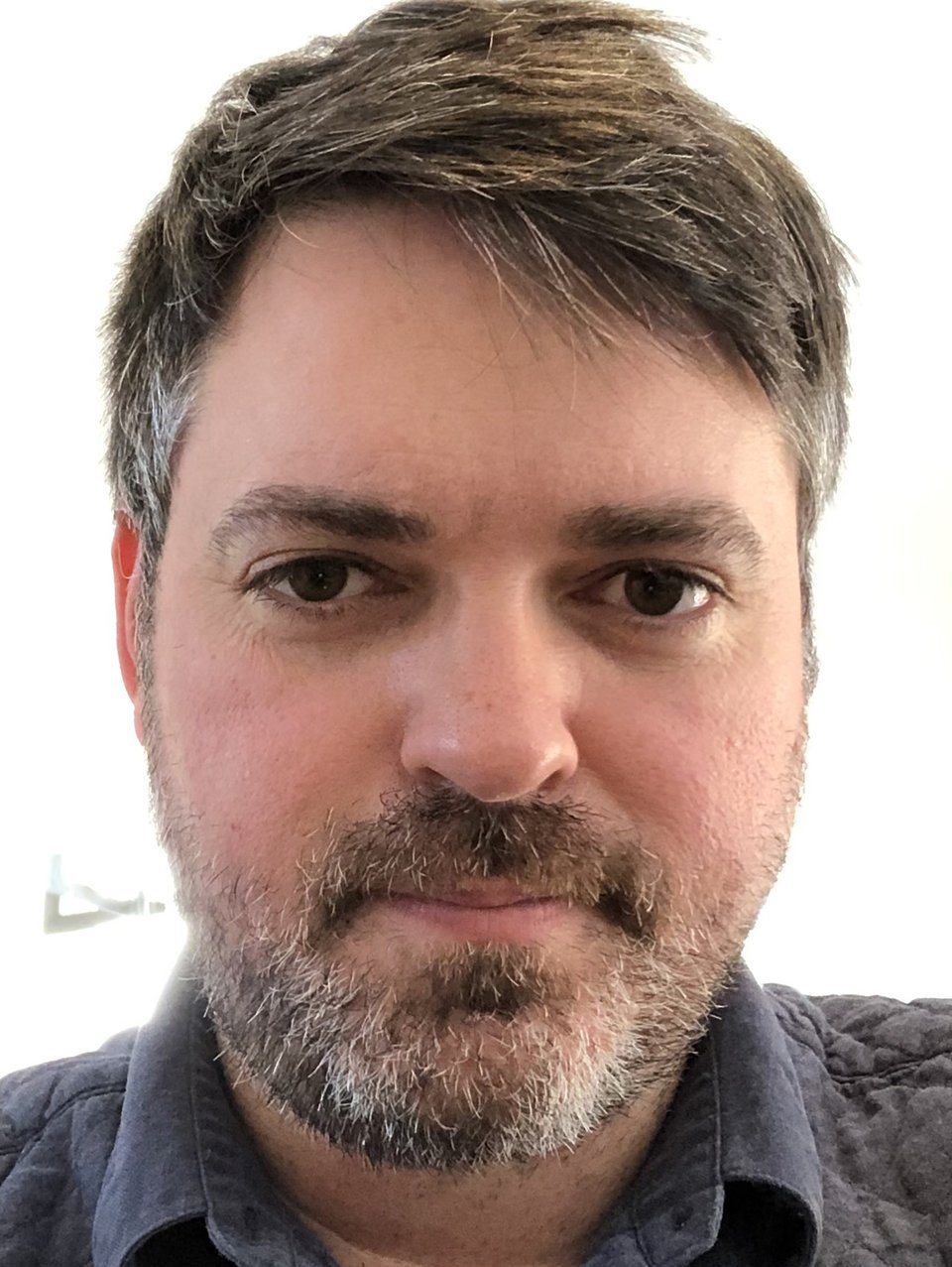Here we go again
The media respite lasted a year and a half. Since the pandemic finally seems to be under control, some media and politicians have resumed their favorite topic which attracts clicks and votes: doctor bashing.
On Twitter former Quebec Health Minister Gaétan Barrette claims that there are enough family doctors in Quebec to take care of all 9.4 million Quebecers. An economics teacher here in Quebec wrote in a daily newspaper that doctors let patients die, preferring to go golf.
We see attacks on the remuneration of specialists. We see a lack of recognition of the massive mobilization done by family physicians during the pandemic.
Now Quebec premier François Legault is threatening to cut family physicians compensation by 30% using the "Barrette" stick if they don't treat a target number of patients.
Doctors do not work enough days a week, political leaders all tell themselves, looking at the RAMQ billing statistics provided by the auditor general. But those numbers exclude non-billable work time: the growing monster of paperwork, university tasks, CME, clinical readings, practice management and the labyrinthine billing system, meetings, corridor discussions and the doctor's travel time between the clinic and hospital. Parental leave, sick leave, burnouts, suicides, early retirement, work-family balance and the right to part-time work by choice are ignored. Apparently physicians should be exempt from these possibilities.
It seems that non-billable work is a secret that only doctors know and is forgotten as soon as one of us becomes a politician. The auditor general has no idea how many hours doctors actually work per week, the hours on EMRs in the evenings when the children are in bed, the files to be completed on weekends, the deluge of emails to process. How we end up eating badly between two patients at noon in a rush and the time spent preparing for meetings because all this is not measured. And in the accounting logic of the state, what is not measured does not exist.
The government, for its part, allows itself to not respect its commitments without any consequences. Doctors do not have the support promised in Quebec. Medical information is inaccessible to those who do not work in a hospital, which generates a tremendous waste of time and risks for patients. The hospitalization summary sheets and certain consultation reports are still handwritten, all crooked and illegible, due to the lack of electronic medical records in the hospitals. Online tools are deficient and meet the needs of public servants more than those of doctors and patients.
At the same time, records are being broken for unfilled family medicine residency positions. The solution to this "desertification" of family medicine, from the government perspective, seems to be to force family physicians to work more and, consequently, to burn themselves out more and to make the profession even less attractive. A vicious circle that does not prevent anyone from sleeping—except family doctors.
Collectively, as physicians, we still have many improvements to make: to better organize ourselves to meet the needs of patients who have access difficulties or those who are without a family doctor, to better coordinate our availability and to better filter patient requests. But it's not up to us alone, and cutting compensation won't change that. To function, you need a climate of collaboration and clerical and professional support.
The looming end of the pandemic should be a big celebration for the medical profession and other health professionals. We must recognize that the government has worked hard in this fight against the virus. But a little gratitude and recognition for the real work of physicians would be welcome.
Dr. Vincent Demers is a family doctor in Quebec.
Originally ran on our sister brand in Quebec, Profession Santé. Translated from French.

